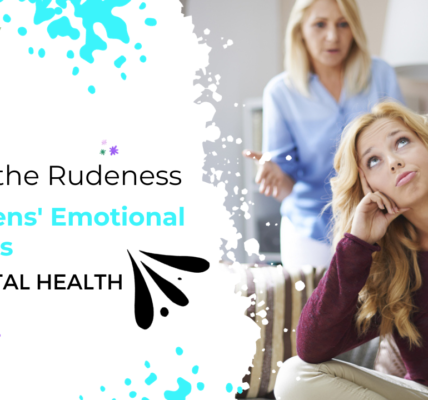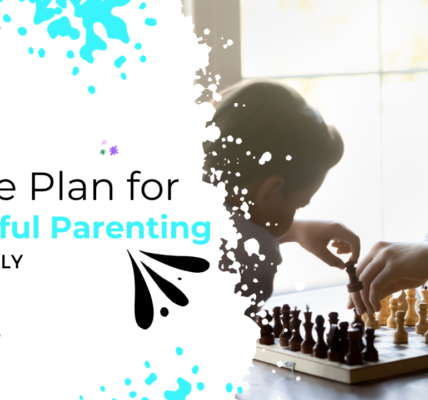Mastering Effective Communication: A Guide for Listening Parents
Effective communication is the cornerstone of a strong parent-child relationship, especially during the early teen years. As a parent, being a good listener is crucial for understanding your child’s evolving needs and fostering a supportive environment. This guide explores practical tips for teaching your early teen to listen and establishing yourself as a role model as listening parents for effective communication.
Understanding the Importance of Listening Parents
1. The Impact of Active Listening
- Active listening builds trust and strengthens the parent-child bond.
- It enhances your understanding of your teen’s thoughts and emotions.
2. Creating a Safe Space
- Listening parents provide a safe space for teens to express themselves.
- A non-judgmental approach encourages open communication.
Practical Tips for Listening Parents
1. Prioritize Quality Time
- Dedicate specific time for one-on-one conversations.
- Engage in activities your teen enjoys to facilitate natural communication.
2. Practice Empathetic Listening
- Put yourself in your teen’s shoes to understand their perspective.
- Reflect on their emotions, showing that you acknowledge their feelings.
3. Minimize Distractions
- During conversations, minimize distractions like phones or TV.
- Demonstrate that your focus is solely on your teen and their words.
4. Ask Open-Ended Questions
- Encourage meaningful conversations by asking open-ended questions.
- Avoid questions that elicit simple yes or no answers.
5. Validate Their Feelings
- Acknowledge your teen’s emotions, even if you don’t fully understand.
- Avoid dismissing or trivializing their feelings.
Navigating Common Communication Challenges
1. Dealing with Teen Silence
- Understand that teens may need time to process thoughts before responding.
- Offer support and let them know you’re there whenever they’re ready to talk.
2. Addressing Miscommunications
- Clarify misunderstandings promptly to prevent escalation.
- Use “I” statements to express your feelings without blaming.
3. Building Trust Through Transparency
- Be transparent about your own experiences and emotions.
- This fosters a trusting relationship and encourages openness.
4. Encouraging Independence
- Allow your teen to express opinions, fostering independence.
- Offer guidance without imposing your own viewpoints.
FAQs on Teaching Effective Communication to Early Teens
Q 1: How can I encourage my teen to open up about their day?
Ans 1: Create a relaxed environment, ask specific questions, and share your own experiences to encourage openness.
Q 2: What role does body language play in effective communication?
Ans 2: Non-verbal cues like eye contact and body language convey attentiveness and understanding.
Q 3: Should I offer advice during conversations with my teen?
Ans 3: While guidance is important, focus on active listening before providing advice to ensure your teen feels heard.
Q 4: How can I address sensitive topics with my teen?
Ans 4: Choose an appropriate time, be gentle, and express your willingness to listen without judgment.
Q 5: Is it normal for teens to be less communicative?
Ans 5: Yes, it’s normal for teens to become more private; however, maintaining open communication channels remains crucial.
Q 6: What are effective ways to praise my teen’s efforts in communication?
Ans 6: Offer specific and sincere compliments, highlighting their communication skills and efforts.
Q 7: Can technology hinder effective communication with teens?
Ans 7: Excessive screen time may impact communication; establish tech-free zones for quality conversations.
Q 8: How do I handle disagreements without creating conflict?
Ans 8: Stay calm, actively listen, and express your viewpoint respectfully to prevent escalation.
Q 9: What’s the role of patience in teaching effective communication?
Ans 9: Patience is vital; allow your teen to express themselves at their own pace, without rushing or interrupting.
Q 10: How can I adapt my communication style to suit my teen’s preferences?
Ans 10: Observe their communication style, adapt accordingly, and be open to adjusting your approach based on their comfort.
Conclusion: A Foundation for Lifelong Communication Skills
By mastering effective communication as a listening parent, you lay the foundation for a strong and enduring connection with your early teen. Practice these tips consistently, adapt to your teen’s evolving needs, and remember that effective communication is a skill that both parents and teens can develop together. Explore more insightful articles on Parentology for ongoing guidance on nurturing healthy parent-child relationships.





